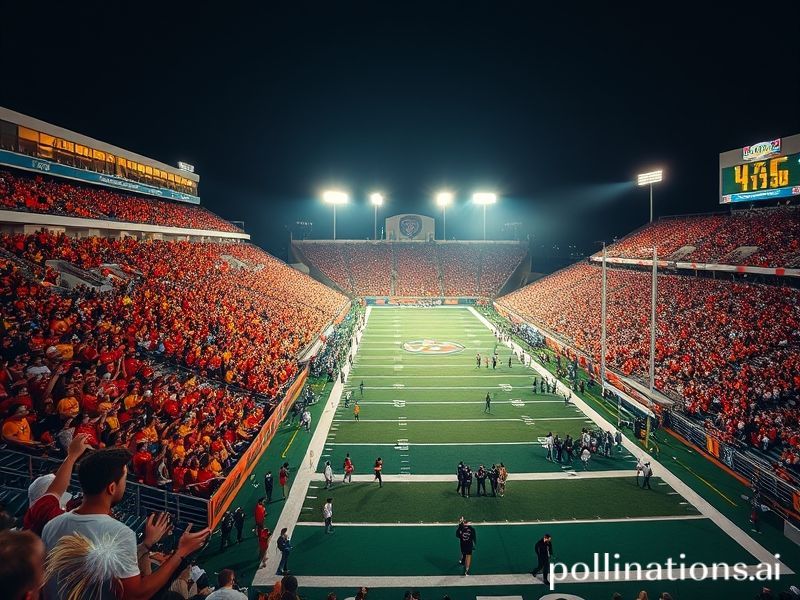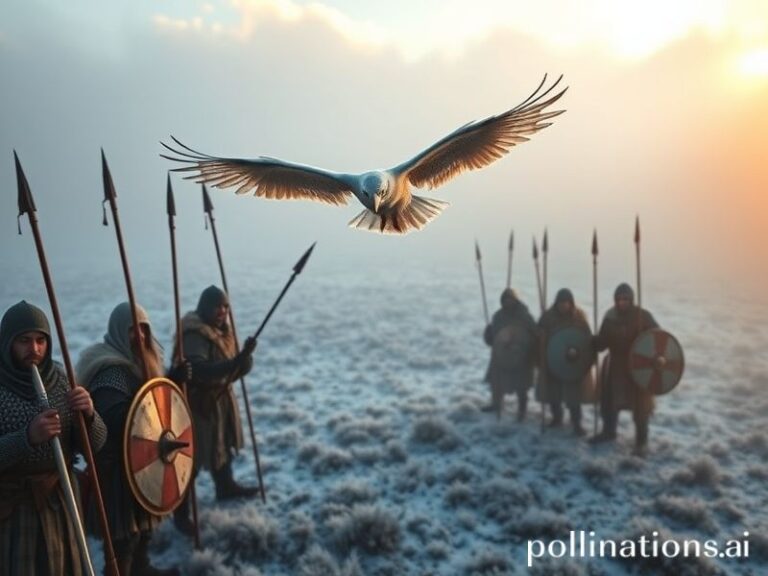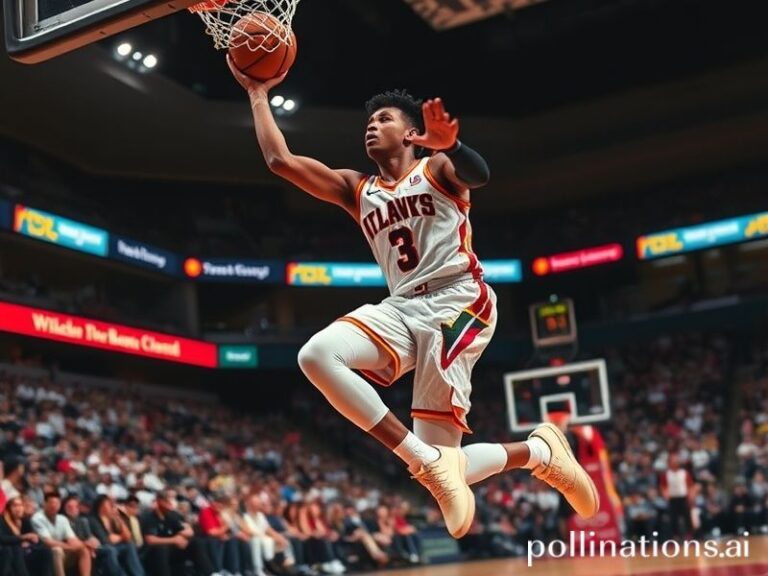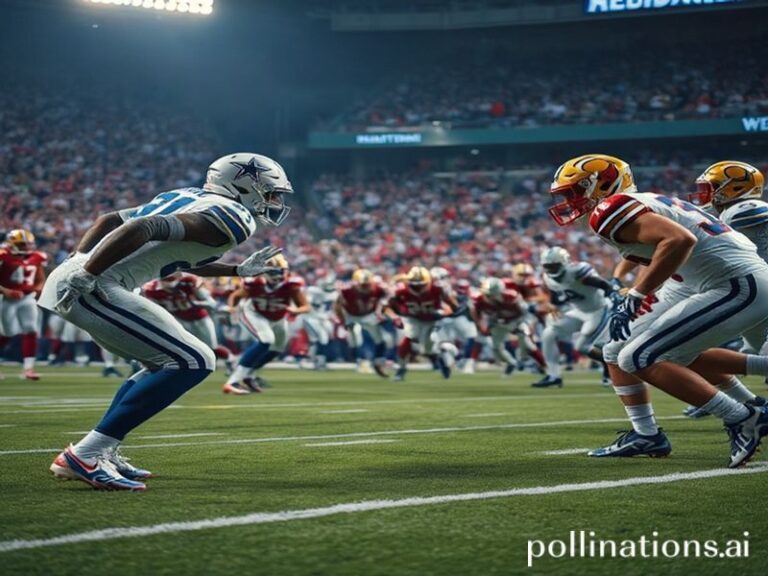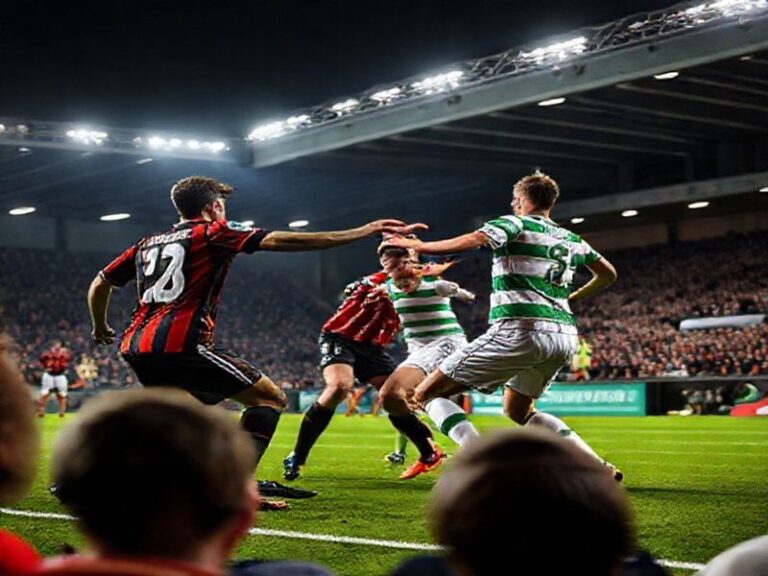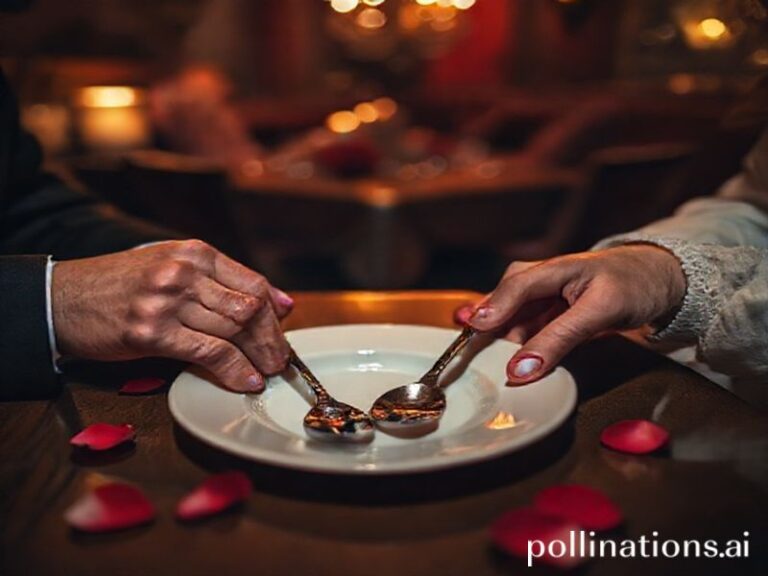Tuskegee vs Jackson State: How a Southern Football Game Became the World’s Most Overqualified Diplomat
Tuskegee vs Jackson State: A Southern Football Grudge Match That Somehow Matters to the Planet
By Hans-Joachim “H.J.” van der Waal, International Correspondent, Dave’s Locker
ATLANTA—In the same week that COP28 delegates in Dubai were counting carbon credits on gold-plated abacuses, two historically Black universities in the American Deep South scheduled a football game that may, in its own oblique way, do more for global soft power than any ministerial press release. Tuskegee University (enrollment: roughly the population of Liechtenstein) will face Jackson State University (enrollment: roughly the population of San Marino) on 9 March in the Cricket MEAC/SWAC Challenge Kickoff. If the names sound parochial, remember that the last time these programs met, in 1947, the Marshall Plan was still a twinkle in a weary diplomat’s eye.
To the uninitiated, the fixture is merely an off-season palate cleanser before Alabama and Georgia resume feeding the NFL’s sausage grinder. To the rest of us—citizens of nations that import American culture like it’s cheap soy—it’s a case study in how the empire’s contradictions are packaged for export: military bands, gospel choirs, sponsor logos in Comic Sans, and the faint, persistent aroma of unresolved history.
Tuskegee, founded by Booker T. Washington in 1881, occupies the moral high ground of American mythology: home of the Tuskegee Airmen who fought fascism in skies now patrolled by F-35s with software bugs. Jackson State, down in Mississippi, is best known to foreigners for the 1970 shooting of two students by city and state police—an incident that never quite made the global curriculum alongside Kent State, perhaps because the victims were Black and the bullets were domestically sourced. Today, both universities serve as feeder schools for the African diaspora’s professional class: engineers who end up designing Dubai metro lines, nurses who staff Toronto ICUs, and yes, linebackers who land in the CFL when the NFL’s quota of tragic backstories is full.
The game itself is broadcast on ESPN+, which means an algorithm in Burbank will decide whether a kid in Lagos sees the opening kickoff or an ad for a crypto exchange currently under SEC investigation. That same algorithm knows, with chilling precision, that the emotional payload of HBCU halftime shows travels better in Europe than the actual football, which most Germans still confuse with rugby for people who can’t take a tackle. Thus, the global audience will be treated to Tuskegee’s “Marching Crimson Piper” band—yes, “pipers” without bagpipes, the South loves its oxymorons—versus Jackson State’s “Sonic Boom of the South,” whose drumline once backed Beyoncé at Coachella, thereby single-handedly solving America’s race problem for 90 seconds.
Corporate sponsors are equally cosmopolitan. PepsiCo, whose sugar-water empire stretches from Lagos convenience stores to Siberian vending machines, has plastered both campuses with limited-edition cans featuring Swahili slogans they ran through Google Translate. Meanwhile, Boeing—patron saint of aerial bombardment and commuter jet delays—has endowed a $5 million scholarship for aviation students who will one day fly you from Dubai to Atlanta, assuming the landing gear cooperates.
The cynical read is that the game offers a sanitized origin story for the next generation of elite Black talent: here’s where your cardiologist learned to march in step, here’s where your defensive end learned to read a zone blitz. The less cynical read is that, in a world increasingly run by algorithmic apartheid, any ritual that still features tubas and human beings in feathered headdresses counts as cultural resistance. Take your pick; the nachos taste the same.
Weather forecast: 85°F, 80% humidity, 100% chance of geopolitical metaphor. Bring sunscreen and a passport—because whether you’re a Fulbright scholar from Accra or a hedge-fund analyst from Singapore, you’ll leave the stadium humming a tune that predates NATO and wondering why the most American thing on earth still feels imported.
Conclusion
In the end, Tuskegee vs Jackson State isn’t about football any more than Oktoberfest is about beer. It’s a quarterly earnings report on the state of the American myth, delivered via brass section and audibles at the line of scrimmage. Win or lose, both teams will board chartered buses and roll past billboards hawking predatory loans to veterans—reminders that the empire’s heart still skips a beat for halftime pageantry, even as its arteries harden. The rest of us, watching from our respective time zones, can only marvel at how efficiently the United States weaponizes nostalgia. If only the climate negotiators in Dubai had a marching band, we might have saved the planet by now.

